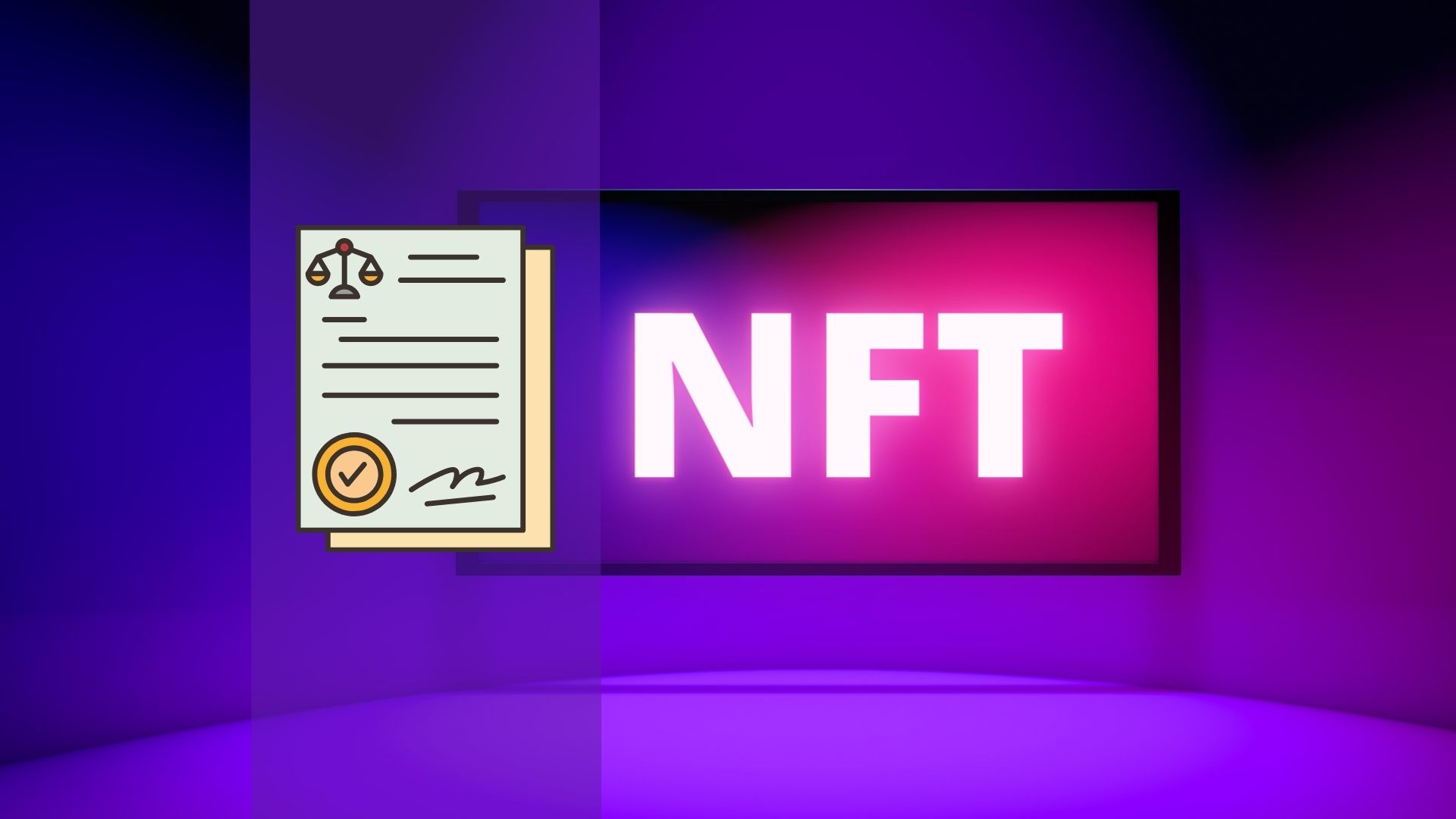Is NFT a Security? An In-Depth Examination of Legal Considerations

Introduction:
As Non-Fungible Tokens (NFTs) gain popularity, questions arise about their legal classification, specifically whether they should be considered securities. This article investigates the legal aspects surrounding NFTs, examining if they meet the criteria for securities according to the Howey Test and other relevant factors.
A Closer Look at NFTs and Securities:
- NFTs are one-of-a-kind digital assets that symbolize ownership of various items or content, including artwork, music, collectibles, and even virtual real estate. Blockchain technology underpins NFTs, ensuring their authenticity and origin.
- Securities, in contrast, are financial instruments representing an ownership stake in an organization or claims on its assets and income. Securities are subject to strict regulation and adhere to specific laws in different jurisdictions.
Applying the Howey Test to NFTs:
The Howey Test is a legal framework employed in the United States to ascertain if a financial instrument classifies as a security. It comprises four criteria:
- Monetary investment
- In a shared venture
- Anticipating profits
- Resulting from others’ efforts
Typically, NFTs do not fulfill the Howey Test criteria since they do not involve investing in a shared venture or earning profits through others’ efforts. However, in instances where NFTs are linked to investment contracts or grant rights to intellectual property earnings, they might be deemed securities.
NFTs’ Legal Classification:
It is crucial to recognize that NFTs’ legal classification may differ depending on the jurisdiction. Individual countries may have unique laws governing NFT circulation and determining their status. Consequently, before engaging with NFTs, it is vital to research local legislation and seek legal counsel if required.
Additionally, the NFT market continues to evolve, and future laws and regulations pertaining to this technology may emerge. Staying informed about legislative changes and preparing for potential shifts in NFTs’ legal status is essential.
Conclusion:
In general, NFTs are not classified as securities and are subject to different regulations. However, when NFTs are associated with investment contracts or intellectual property rights, they might be considered securities. To avoid legal complications, it is advised to investigate local laws, stay current with changes, and consult with legal experts when necessary.






